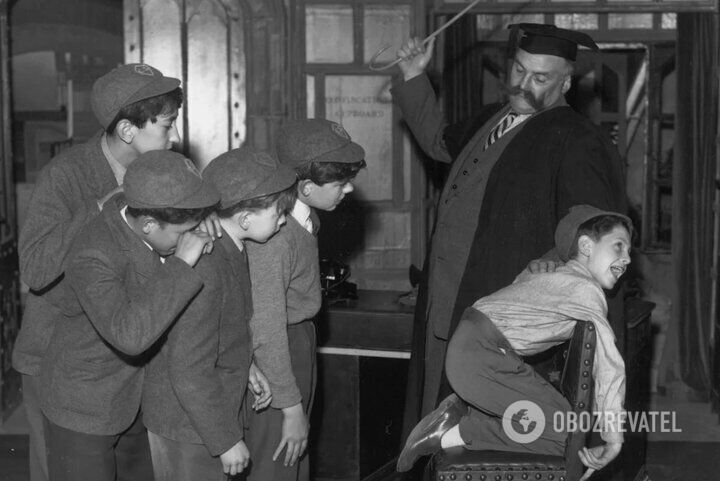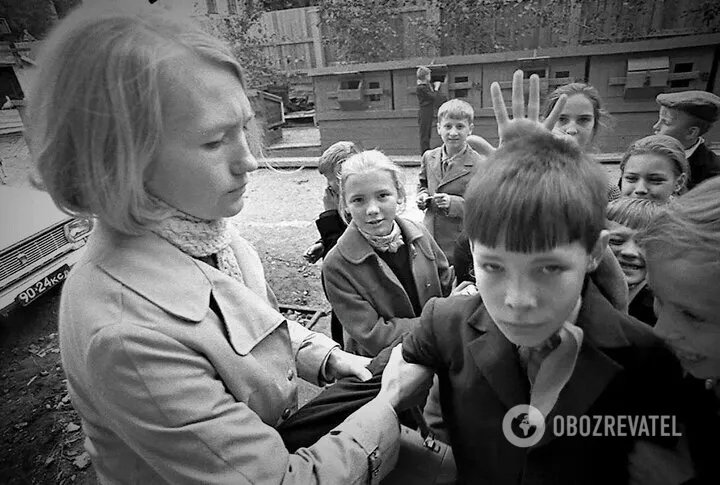Life
Why children in the USSR were often beaten and sent to labor camps for the summer: the harsh methods of education that were the "norm"
The Soviet Union was known for its harsh methods of raising children. Corporal punishment, such as beating with a belt, was considered the norm, but unfortunately, it did not end there.
Respect for elders, discipline, and obedience used to be a priority. OBOZ.UA has collected information on what methods of emotional and physical violence were used in the USSR to force children to conform to Soviet values.
Physical punishment
In the USSR, physical violence was considered the norm, because how else to make a child obey and comply. People confused fear with authority, so they considered beating to be an effective method of education.
However, in reality, pain and humiliation only traumatized children, both physically and emotionally.
Labor camps
Particularly naughty children, so-called hooligans, and difficult teenagers were not only physically punished but also deprived of their right to rest. To prevent them from hanging around and to teach them to work, they were sent to labor camps for all summer vacations.
It was believed that this fostered in children a love of work and endurance. Schoolchildren worked on a par with adults for a pittance and lived in terrible conditions. For example, in cowsheds, or in the gymnasium of a collective farm school.
Public punishment
In the USSR, students who broke the rules could be put in front of their classmates and, at best, scolded, and at worst, physically abused.
In addition, it was considered the norm to publicly discuss a child's successes and failures and to provoke feelings of shame.
It is not surprising that the older generation is still incredibly concerned about "What will people think?"
It is forbidden to be different
It was easier for the Soviet system to re-educate people than to try to create comfortable conditions for everyone and allow citizens to express their peculiarities. This even applied to the hand one could use to write.
In the USSR, it was believed that one could not be left-handed. The whole society was oriented only towards right-handed people, so children who were more comfortable using their left hand to write were re-educated from an early age. For example, they would hit the "wrong" hand or tie it to a chair.
Psychological violence
Unfortunately, even today you can meet parents who treat their children incorrectly, but in the USSR this phenomenon was much more common.
Back then, even in intelligent families, you could hear shouting, obscene language, and insults directed at a child. It was also common practice to compare children with their peers and negatively highlight their characteristics.
Gender stereotypes
Not only psychological traumas but also stereotypes have been passed on from the Soviet Union.
"Don't cry like a girl," "Are you a little boy?", "Don't embarrass me." Probably all boys heard these and other humiliating phrases back then. They were not allowed to show their emotions because they could be punished for it.
At the same time, girls heard phrases like "Well, you're a girl," "A girl should be neat," and so on.
Today, people understand that boys can also be sad or offended, and girls also like to run around and be naughty, but these Soviet attitudes still reinforce gender inequality in society.
Subscribe to OBOZ.UA channels in Telegram and Viber to keep up with the latest events.





























